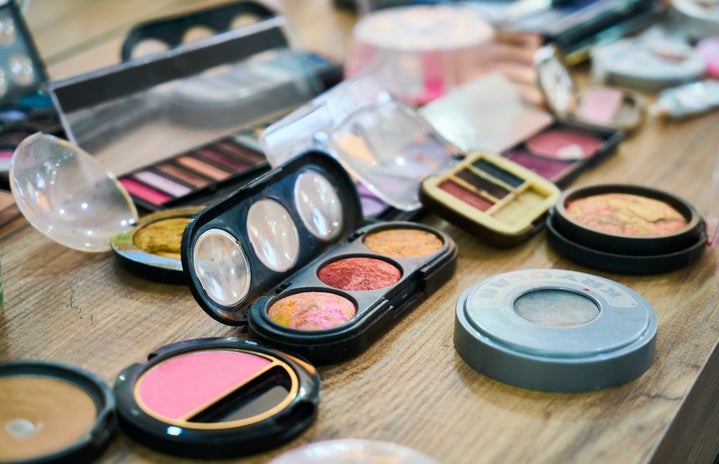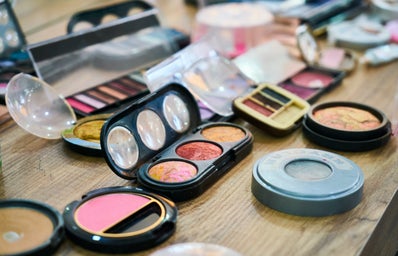Melisa Raouf became the first woman to compete in the Miss England competition to compete in the final round without makeup in the competition’s 94-year history. Raouf said to the Washington Post that she “used to spend three hours perfecting her makeup” and that she had felt insecure and discouraged by seeing other women on social media. Her natural approach to the competition allowed her to push herself to feel more comfortable in her own skin and ultimately inspire other women to take a more natural approach to beauty. She also noted that after competing without makeup she felt that she “learned [the] ability to love myself [and] accept who I am in my own skin, whether that be with makeup or without makeup.”
Raouf also engaged in many community service acts such as picking up litter and running a 10k marathon to raise money for the non-profit “Beauty with a Purpose,” a Miss World-affiliated organization. Raouf encouraged other women to participate in self-acceptance and love by starting the #barefacetrendmovement, and said that these events allowed her to connect with a large community of women who are also looking to be able to feel comfortable in their own skin. Among this community of women was Elle Seline, the first woman to compete makeup-free in the Ms. Great Britain contest. Seline also promoted women’s empowerment and confidence while she was running from topics such as the choice to wear makeup and the choice to get an abortion. Seline noted that when she was growing up, she faced societal pressures and bullying for her skin tone and struggled with eating disorders.
Raouf has now inspired over 500,000 shares using the hashtags such as “bareface” and “free the pimple.” These choices have allowed other women to feel comfortable in their own skin and to embrace their pimples and scars. Women often feel pressured to act a certain way in their looks and behavior, but strong women like Raouf and Seline are inspiring women worldwide to join the movement to be authentically themselves.
Not only does the common use of makeup make women feel insecure about their own skin, but oftentimes the images that women must compare themselves to in the media aren’t even real photos. They are retouched, photoshopped and pieced together to market unrealistic standards for women. Many women face mental health concerns such as depression, body image issues and eating disorders as a result of what they see and hear on social media. Even marketing for women’s beauty and cosmetic brands appeals to an unattainable standard.
Many brands, including Fenty Beauty, Garnier and Covergirl, have also become involved in the movement of women embracing who they are and what their natural beauty looks like. This movement towards women accepting their bodies and looking for the way they are will likely lead to a generation of girls who feel comfortable in their skin from a young age. Women like Melisa Raouf are paving the way for a new generation of strong confident women who love themselves and their bodies for who they are.
Want to see more HCFSU? Be sure to like us on Facebook and follow us on Instagram, Twitter, TikTok, YouTube and Pinterest!

